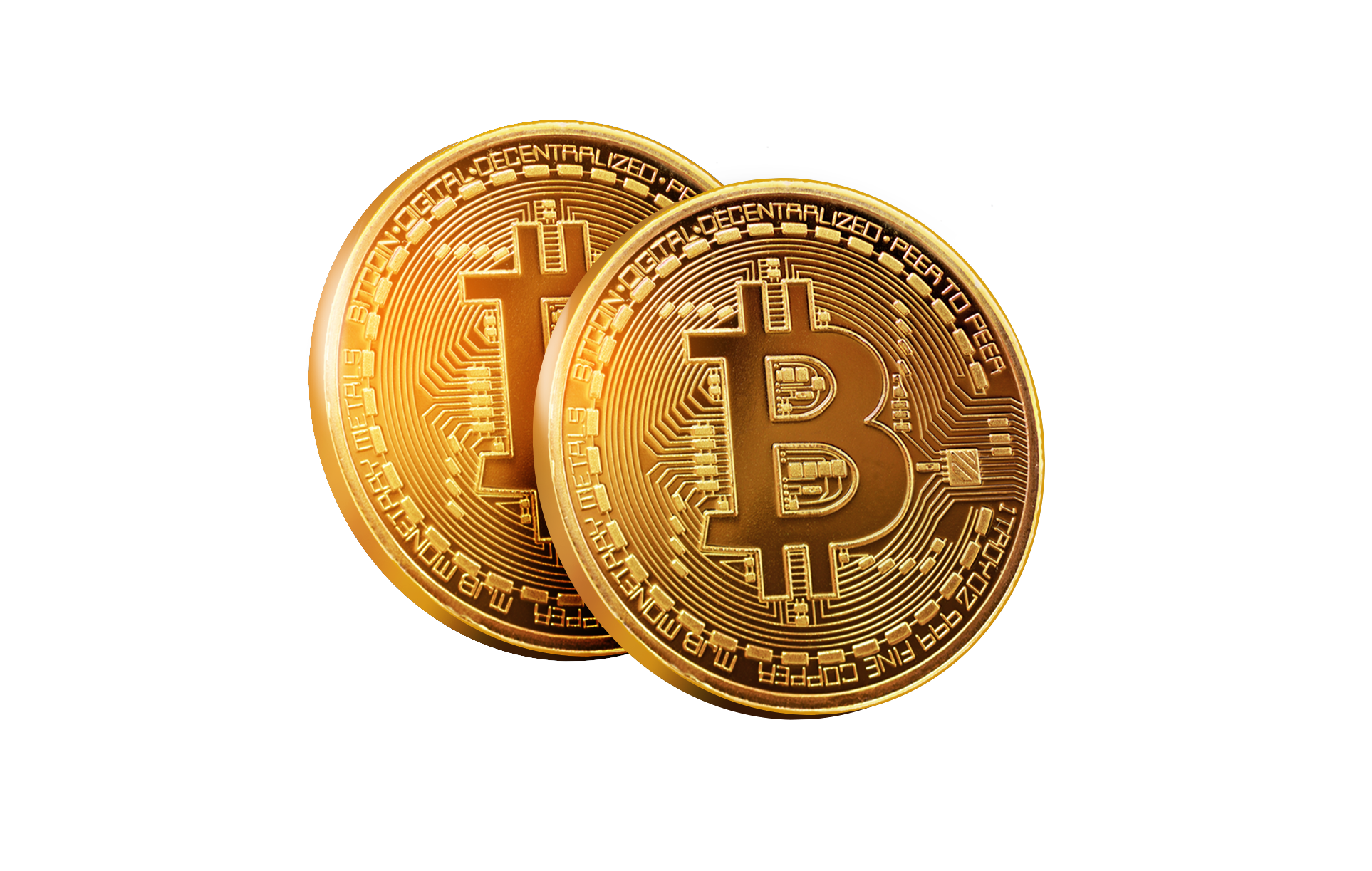This is an assessment publication by Leon Wankum, one of the primary monetary financial matters understudies to compose a postulation about Bitcoin in 2015.
The accompanying article is the last piece of a progression of articles where I plan to make sense of a portion of the advantages of utilizing bitcoin as a "device." The potential outcomes are huge. I chose three regions where bitcoin has helped me. Bitcoin assisted me with taking my enterprising undertakings to a higher level by permitting me to effectively and proficiently deal with my cash and fabricate investment funds. To some extent one, I made sense of what open doors bitcoin offers for land investors.In section two, I depicted how bitcoin can assist us with tracking down hopefulness for a more promising time to come.
Developmental analysts trust that the capacity to save abundance gave present day people the unequivocal edge in transformative rivalry with different people. Scratch Szabo remembered a fascinating tale for his exposition "Dishing out: The Beginnings of Cash." When Homo sapiens dislodged Homo neanderthalensis in Europe about a long time back, a populace blast followed. It's challenging to make sense of why, in light of the fact that the rookies, H. s. sapiens possessed comparative estimated intellect, more fragile bones and more modest muscles than the Neanderthals. The greatest distinction might have been abundance moves made more viable or even conceivable by collectibles. H. s. sapiens took delight from gathering shells, making gems out of them, showing them off and exchanging them. Actually neanderthals didn't.
It follows that the capacity to safeguard abundance is one of the underpinnings of human civilization. By and large, there have been an assortment of abundance conservation innovations that have continually changed and adjusted to the mechanical potential outcomes of the time. All abundance safeguarding innovations serve a particular capability: to store esteem. Boss among the early structures is hand tailored gems. Underneath I will contrast bitcoin with the four most ordinarily utilized abundance protection advances today — gold, securities, land and values — to show why they fail to meet expectations and how productively bitcoin can help us save and plan for our future. For values, I center explicitly around ETFs as value instruments utilized for the purpose of long haul reserve funds.
What Makes A Decent Store Of Significant worth?
As made sense of by Vijay Boyapati, when stores of significant worth contend with one another, the extraordinary characteristics make a decent store of significant worth that permits one to outcompete another. The properties of a decent store of significant worth are sturdiness, compactness, fungibility, distinctness and particularly shortage. These properties figure out what is utilized as a store of significant worth; for instance, gems might be scant, yet it's handily obliterated, not detachable and unquestionably not fungible. Gold satisfies these properties much better. After some time, gold has supplanted adornments as mankind's favored innovation for abundance conservation, filling in as the best store of significant worth for a considerable length of time. Notwithstanding, starting from the presentation of bitcoin in 2009, gold has confronted computerized disturbance. Digitization upgrades practically all worth putting away capabilities. Bitcoin serves as a store of significant worth as well as an intrinsically computerized cash, eventually crushing gold in the computerized age.
Bitcoin Versus Gold
Sturdiness
As per Boyapati, "Gold is the undisputed lord of strength." The greater part of the gold that has been mined remaining parts surviving today. Bitcoin is a record of computerized records. Accordingly, it isn't bitcoin's actual appearance whose strength ought to be thought of, yet the solidness of the foundation that issues them. Bitcoin, having no responsible power, might be viewed as tough inasmuch as the organization that gets it stays in one piece. Reaching determinations about its durability is too soon. Nonetheless, there are signs that, notwithstanding cases of country states endeavoring to control Bitcoin and long stretches of assaults, the organization has kept on working, showing a momentous level of antifragility. As a matter of fact, with almost 99.99% uptime, it is one of the most solid PC networks of all time.
Versatility
Bitcoin's versatility is infinitely better to that of gold, as data can move at the speed of light — because of telecom. Gold has lost its allure in the advanced age. You can't send gold over the web. Online gold convenientce basically doesn't exist. For quite a long time, the failure to digitize gold made issues in our financial framework. With the digitization of cash whether public monetary standards were really supported by gold was not satisfactory. Furthermore, it is hard to move gold across borders in view of its weight. This has made issues for globalized exchange. Our fiat-based financial framework exists today on account of gold's shortcoming regarding transportability. Bitcoin is an answer for this issue as it is a locally computerized, scant ware that is effectively movable.
Distinguishableness
Bitcoin is simply advanced, so its distinctness is obviously superior to gold. Data can be partitioned and recombined limitlessly at right around zero expense. A bitcoin can be partitioned into 100,000,000 units called satoshis. Gold then again is challenging to separate. It requires extraordinary apparatuses and conveys the gamble of losing gold simultaneously.
Fungibility
Gold can be recognized in numerous ways, i.e., with an engraved logo, yet when it is broken down it turns out to be completely fungible. With bitcoin, fungibility is precarious. Bitcoin is advanced data, which is the most impartially perceivable substance known to mankind. Notwithstanding, since all Bitcoin exchanges are straightforward, states could boycott the utilization of bitcoin that has been utilized for exercises considered unlawful. This would adversely influence bitcoin's fungibility and its utilization as a mode of trade, since when cash isn't fungible, every unit of the cash has an alternate worth and the cash has lost its mechanism of-trade property. This doesn't influence bitcoin's store-of-significant worth capability, yet rather its acknowledgment as cash, which can adversely affect its cost. Gold's fungibility is better than bitcoin's, yet gold's movability disservices make it pointless as a mode of trade or a computerized store of significant worth.
Shortage
Gold is somewhat scant, with a yearly expansion pace of 1.5%. Nonetheless, the stockpile isn't covered. There are in every case new disclosures of gold and there is plausible that we will go over huge stores in space. Gold's cost isn't entirely inelastic. At the point when gold costs ascend, there is a motivation to mine gold all the more seriously, which can increment supply. Furthermore, actual gold can be weakened with less valuable metals, which is challenging to check. Moreover, gold held in web-based accounts by means of trade exchanged items or other monetary items is challenging to control and adversely influences the cost by misleadingly expanding supply. Then again, the inventory of bitcoin is hard-covered: There won't ever be more than 21,000,000. It is intended to be deflationary, importance there will be less of it after some time. Bitcoin's yearly expansion rate is right now 1.75% and will keep on diminishing. Bitcoin mining rewards are divided generally like clockwork, as per the convention's code. In 10 years, bitcoin's expansion rate will be unimportant. The last bitcoin will be mined in 2140; from that point forward, the yearly expansion pace of bitcoin will be zero.
Auditability
This is certainly not a special suggestion for a store of significant worth, however it is as yet significant in light of the fact that it gives data about whether a store of significant worth is reasonable for a fair and straightforward monetary framework. Bitcoin is completely discernible to the littlest unit. Nobody knows how much gold exists on the planet and nobody knows the number of U.S. dollars exist on the planet. As brought up by Sam Abbassi, bitcoin is the primary completely open, universally auditable resource. This forestalls rehypothecation risk, a training by which banks and representatives use resources posted as security by their clients for their own motivations. This faces a tremendous measure of challenge out of the monetary framework. It considers confirmation of stores, where a monetary establishment should give their Bitcoin address or exchange history to show their stores.
Bitcoin Versus Bonds
In 1949, Benjamin Graham, an English conceived American financial expert, teacher and financial backer, distributed "The Canny Financial backer," which is viewed as one of the primary books of significant worth money management and a monetary writing exemplary. One of his precepts is that a fair portfolio ought to comprise of 60% stocks and 40% securities, as he accepted securities would shield financial backers from huge gamble in the securities exchanges.
While quite a bit of what Graham portrayed still checks out today, I contend that bonds — especially government bonds — have lost their place as a support in a portfolio. Security yields can't stay aware of money related expansion and our financial framework is methodicallly in danger. This is on the grounds that the monetary soundness of numerous legislatures that structure the core of our money related and monetary framework are likewise in danger. At the point when government monetary records were in fair shape, the suggested chance of default by an administration was very nearly zero in light of two fundamental reasons: their capacity to duty and, all the more critically, their capacity to print cash to settle obligation. Before, that security distribution checked out, yet in the end printing cash has turned into a "credit boogie man," as made sense of by Greg Foss.
State run administrations are circling more cash than any other time in recent memory. Information from the Central bank shows that a wide proportion of the load of dollars, known as M2, rose from $15.4 trillion toward the beginning of 2020, to $21.18 trillion toward the finish of December 2021. The increment of $5.78 trillion likens to 37.53% of the complete stock of dollars. This implies that the dollar's financial expansion rate has arrived at the midpoint of well more than 10% each year throughout the course of recent years. Depository securities are yielding less.












